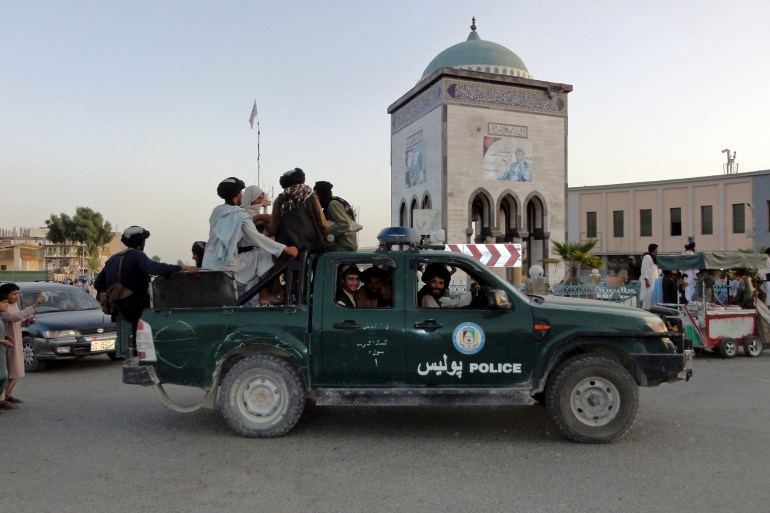Taliban captured Afghanistan is in a grave situation while the world and the United Nations are doing their part not to let it slip into a terrorist country becoming like Syria but Taliban has finally established an interim government.
This is the first time the Taliban have told the Afghan people that their current regime will not be the same.
However, given the current developments and the policies pursued by the Taliban, it seems that they are not standing by that word. Because it makes sense if you look at another statement from the latest Taliban leader.
Taliban in Afghanistan are ready to reintroduce their old policies. The Taliban insists that the current administration, as in the 1990s, will impose severe punishments such as amputation of limbs. Taliban co-founder Mullah Nooruddin Turabi told the media that there was no need for others to interfere in the internal affairs of the country. Taliban has made it clear that other countries need not interfere in their law formation/ telling them what and what not be done.

Whilst their violence according to news a body was hung to a crane in the main square of the city of Herat and displayed in public, they are declaring there will be a humane government and will leave the people to freely go on with their lives but their actions suggest otherwise.
Taliban leader Mullah Nooruddin Turabi has said that Sharia law, like the previous regime, will carry out harsher punishments, including beheadings and public executions. A man running a pharmacy in the Herat area told the media that the Taliban had brought four bodies to the main square and hung one body, while the other three bodies were taken to another square for hanging.
However, he said the Taliban claimed at the crossroads that the four had been killed by police in an attempt to kidnap them. Ever since the Taliban seized control of Afghanistan on August 15, its people have feared that the reign of darkness will begin again.

And their regime has launched tough measures aimed at curbing freedom of the press in Afghanistan. 11 new regulations have been introduced imposing restrictions on news organizations. Indirect warnings were issued that those who published any information that would belittle Islam and prominent leaders of the country would face severe punishments if they speak against Taliban rule.
The New York Times reports that the Taliban have issued a hook to journalists to publish news and articles in newspapers in coordination with government media offices. Steven Butler, a member of the American Press Freedom Organization, said journalists working in Afghanistan were “terrified”. He said he had received hundreds of e-mails from Afghan journalists asking for help.
More than 150 media outlets have reportedly been shut down since the Taliban recaptured Afghanistan in August. Leading newspapers in the country have stopped printing made themselves limited to the online edition. This is due to the fear of a threat from the Taliban as well as the deteriorating economic situation. Large-scale protests erupted in the country after the Taliban formed an interim government.
People took to the streets demanding a democratic government. The Taliban have cracked down on journalists who have exposed the protests and public outrage to the world. Many seem to have been detained. Private TV channels have changed since the Taliban came to power in Afghanistan. News bulletins on TV, political debates, entertainment, music, foreign dramas disappeared.
In their place, pro-Taliban government programs are being aired. The Committee to Protect Journalists (CPJ) has demanded the Taliban government immediately stop detaining journalists. It should create an environment where media activities and people can continue freely.
Read More: Mr. and Mrs. Jinnah-An Historical Love Story: That Went Down In The History